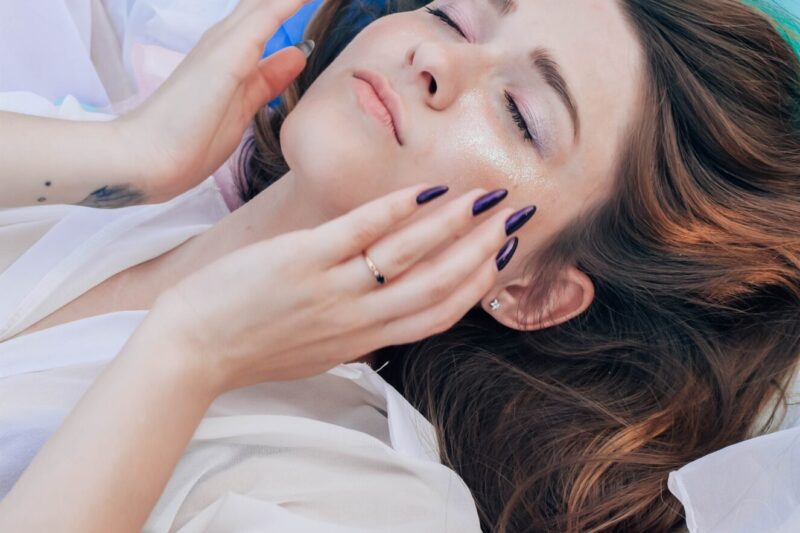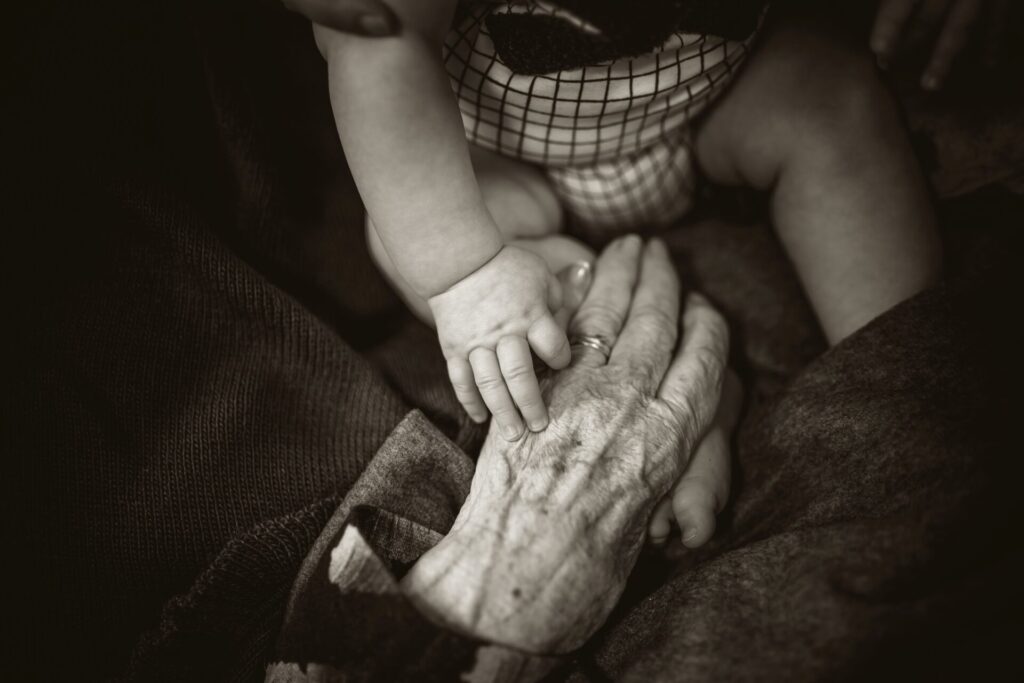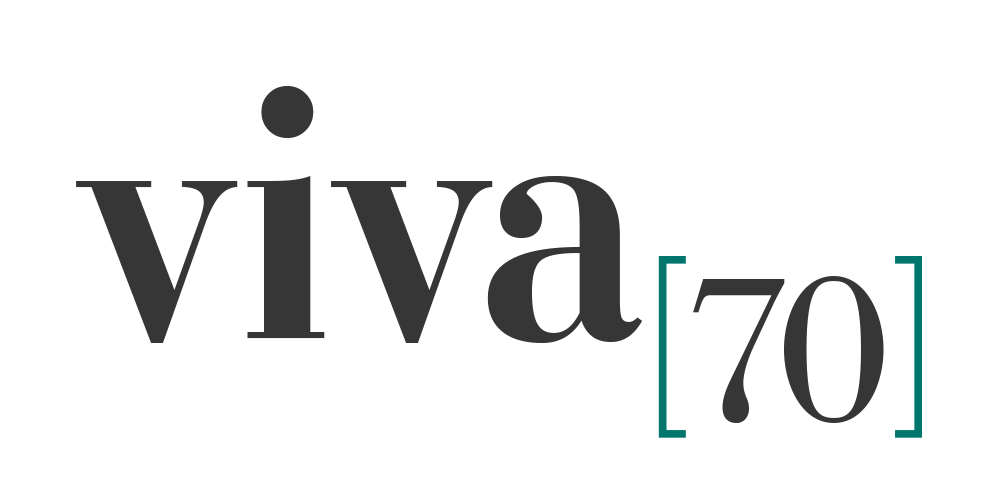
I don’t know about you, but some days I look in the mirror and say..who’s that old person? Then with dollops of creams, toners, serums and occasionally masterful make – up, the wrinkles, sun spots and lines seem less prominent and I can feel more ” like myself.” The end of winter is particularly challenging as skin dries out and looks grey and lifeless. The orange glow of spray tan looks out of place shrouded in layers of woolly knits!
I’m delighted to bring you a great article by our Viva70 guest writer and medicinal herbalist, Julia Richards who this month writes about skin and how to best care for ageing skin in a holistic way. Here’s Julia’s very timely article…..
Skin is the largest organ in the body and because it’s visible, flaws and issues are readily brought to our attention. Ageing, hormonal changes, weight fluctuations, sun damage and pollution all combine to play havoc with our skin. However, don’t despair, research shows that a good skincare routine and lifestyle choices can prevent or halt the progression of numerous skin problems and help our skin stay healthy as we age.
What happens to skin as we age?
Changes in the condition of our skin as we get older can include:
- Decreased production of natural oils causing it to become dryer, therefore rougher and / or itchy.
- Decreased rate of cell renewal leading to fine lines and wrinkles.
- Loss of elastin and collagen causing slackness.
- Thinning of the epidermis (surface) and dermis (deeper) layers making skin more transparent and fragile.
- Thinner blood vessel walls making more prone to bruising.
- Darker pigmentation, increased pore size and skin lesions (non-cancerous and cancerous).
- Loss of fat below the skin and decreased bone density causing loose skin. This can result in sunken eyes, puckering around the mouth and nose and lose hanging skin all over the body.
Things to do today for healthy skin now and in the future
Here’s a list of the basics.
Slip slop slap summer and winter
Always apply sunscreen and lip balm in summer and if you are going to be outdoors longer than 15-20mins in winter. The sun’s UVA and UVB rays accelerate aging leading to wrinkles, spider veins, melanomas and age spots.
Moisturise daily
Moisturise face and body at least once daily and always after bathing or swimming to seal in moisture. Look for moisturisers with: Vitamins A, C, E; Coenzyme Q10; Green tea; and caffeine.
Get quality sleep
Sleep is essential for healthy skin because it helps keep inflammation low and your immune system functioning optimally. For tips read our sleep article here.
Move daily
Being active reduces inflammation and boosts your immune system. Walk, dance, garden, play sport, or do a practice like yoga or tai chi.
Drink and eat your water
Proper hydration plumps the skin helping it to glow and promotes skin repair in the skin cells to heal scarring and wounds. For tips, see our article on keeping hydrated here.
Quit smoking
You know smoking is not good for you and as far as skin is concerned it reduces blood flow leading to premature wrinkles.
Check product ingredients
You may need to change any of the following products to something with natural ingredients and for sensitive skin: washing up liquid; laundry powder; makeup; nail polish and remover; shampoo and conditioner; hand and body soap /wash; perfume/aftershave; shaving cream; hair products; moisturisers; sun cream; toothpaste; and mouth wash.
Manage stress levels
Stress causes inflammation and lowers immune function so try to incorporate regular stress reduction activities into your daily routine for good skin health. Think about starting meditation, deep breathing, yoga, qi gong, tai chi, walking, reading, writing or an enjoyable hobby.
Diet and supplements
You can get your vitamins topically through creams/oils applied to your skin, swallow a tablet or add more foods into your diet that are rich in skin specific vitamins. Concentrate on the list below which is relevant to your skin issue.

Common skin issues that crop up as we age
Bruising easily, dry, itchy, flaky, age or sunspots and loss of elasticity are common skin problems as we age. You can improve any of these with supplements, diet, herbal medicine and some lifestyle choices.
Skin that bruises easily
A bruise is produced when capillaries rupture, usually due to a bump or knock, and blood leaks out, making the skin discoloured. Rupturing happens more easily as we age due to skin being thinner and having a reduced fatty layer between the skin and blood vessels for cushioning. As well as eating a diet with plenty of fresh fruit and vegetables, there a few key supplements, foods and herbs to focus on.
Key supplements and food
Vitamin C – essential for tissue repair and healthy blood vessels. Good food sources include citrus fruits, kiwi fruit, cruciferous vegetables, potatoes, capsicum and peppers.
Anthocyanidins – derived from plants, help support and preserve collagen (an important protein that helps to form connective fibres in the skin and blood vessels). Good food sources are found in deep red, purple or blue foods such as blackcurrants, blackberries, blueberries, cherries, cranberries, pomegranate, eggplant with skin on and red cabbage.
Vascular herbs
These strengthen tissues and capillaries to reduce bruising. Examples are, Horse Chestnut (Aesculus hippocastanum), Gotu kola (Centella asiatica), Butcher’s broom (Ruscus aculeatus) and Bilberry (Vaccinium myrtillus). They are also useful for varicose and spider veins. Seek advice from an herbalist or naturopath regarding the best ones for you.
Skin that is dry, flaky, itchy
Aging causes loss of natural oils in our skin. The key to soft, smooth skin is keeping it hydrated with an internal and external approach.
Key supplements and food
Evening primrose oil tablets – rich in Gamma-linolenic acid (GLA) which is hydrating and anti -inflammatory to reduce dryness and itch.
Fish oil tablets – rich in omega 3 fatty acids EPA and DHA which regulate the skin’s oil production, improve hydration, reduce inflammation and boost immune function. You can also get vegan DHA.
B7 or Biotin – helps maintain mucous membranes. Lack of B7 results in itchy, red, scaly skin. It’s a water- soluble vitamin, so the body doesn’t store it meaning you need to consume it regularly to maintain adequate levels. Good food sources include: legumes; nuts and seeds; liver; egg yolks; sweet potatoes; mushrooms; bananas; and broccoli.
Vitamin E – helps close cracks in the skin to prevents moisture loss, keeping it hydrated and firm. For good food sources include nuts (not peanuts) and seeds in your daily diet.
Vitamin A or Retinol – helps prevent dry, pigmented and premature aging skin. Good food sources include: oily fish; green leafy vegetables; orange, yellow and pink fruits and vegetables such as apricots, watermelon, passionfruit, pink grapefruit, pumpkin and carrots.
Probiotics – increase the production of lipids (fats) to keep moisture in the skin and feed good bacteria to balance the skin’s pH and protect it against free radical damage. This helps skin look healthy.
Skin herbs
Soothing herbs for external use include: oats (tied in a stocking) or a chamomile / green tea bag added to a bath; aloe vera gel; chickweed cream; calendula cream; and St John’s wort oil.
For herbs to reduce allergies that cause rashes try nettle tea.
Herbs to take internally include: black currant oil as it’s high in (GLA) to promote healthy skin growth; green tea as the high concentration of catechins are anti-inflammatory, antioxidant, and anti-aging: and turmeric for its anti-inflammatory effect.
Lifestyle factors to consider
Avoid extremely hot showers or baths as they dry out the skin.
Use a humidifier in cold weather to add moisture to the air of your home or office.
Wear smooth natural fabrics like cotton, bamboo and silk as they create less friction against dry skin. Note, that wool is a common irritant for many people who are prone to allergic skin rashes.
Wear rubber gloves, the ones for sensitive skin, to protect your hands when cleaning and doing household chores and wear winter gloves when out in harsh weather to protect your hands from cold, wind and rain.
Skin with age / sunspots
Age and sunspots are a common form of hyperpigmentation in the over 40’s. They are caused by an increase of melanin (pigment that gives skin its colour). Excessive sun exposure increases the amount of melanin that skin produces. Obviously protecting skin from the sun is key as well as some key supplements, foods and topically applied herbs.
Key supplements and food
Vitamin C and Green Tea both inhibit the enzyme that produces melanin therefore lightens pigmentation of spots.
Selenium – helps to protect cell membranes against UV damage, inflammation and pigmentation. Found in thermal spring water, brazil nuts, seafood, lean meat, whole grain wheat, rice and oats.
Zinc – helps protect the skin against sun damage conditions. Good sources include flax and pumpkin seeds, dark chocolate, egg yolks, beef and lobster.
Coenzyme Q10 or CoQ10 – an antioxidant that helps protect skin from the adverse effects of sun exposure and helps promote an even skin tone.
Herbs to reduce pigmentation
Turmeric – used topically, may help fight melanoma . See more about this spice in our winter spice article here.
Aloe vera gel, green and black tea, horseradish made into a paste and Sandalwood essential oil all applied topically can lighten pigmented skin.
Safety note: see your doctor about any spot on your skin that has changed in appearance or is dark, growing, has an irregular boarder, itchy, painful, red, bleeding, or unusual in colour.
Skin with Loss of elasticity
Elasticity is the skin’s ability to stretch and snap back to its original shape. As we get older this reduces causing skin to look saggy and wrinkled. It can be improved though.
Key supplements and food
Collagen supplements help restore elasticity. Nutrients that support collagen production include: Proline (in egg whites, meat, cheese, soy, and cabbage); Anthocyanidins: (in blackberries, blueberries, cherries, and raspberries); Vitamin C: (in oranges, strawberries, peppers, and broccoli); Copper (in shellfish, nuts, red meat, and some drinking water); Vitamin A (see above); and Squalane, a lipid in olives.
Cocoa flavanols in dark chocolate improve skin elasticity.
Vitamin D – essential for skin cell growth, repair, and metabolism.
Skin tightening herbs
Coriander leaf (start adding to your dishes) and Gotu Kola (Centella asiatica) boost collagen production for skin firmness.
Astringent herbs used topically to tighten the skin include Witch hazel (Hamamelis virginiana), Horsetail (Equisetum arvense), Plantain (Plantago major) and Shepherd’s purse (Capsella bursa-pastoris).
Always seek qualified practitioners and always check with your doctor before undertaking new activities and taking new supplements as they might be counter to any other health issues or medication you take.
Words by Julia Richards. Images with thanks Pexels.
Julia Richards is a qualified Medical Herbalist and Director of Enhance One Limited, a consultancy passionate about helping individuals, groups, families, communities and organisations be the best they can be physically, mentally and emotionally. To achieve this, Julia uses a holistic approach to help you enhance yourself by drawing on her experience and studies in personal development, life coaching, aromatherapy, nutrition, herbal medicine and other wellbeing techniques. Julia helps you design a wellbeing plan that is unique to you and works in a complementary way with your doctor or any other therapist you are seeing to help you make improvements in your health. Julia offers individual consultations and group workshops.

